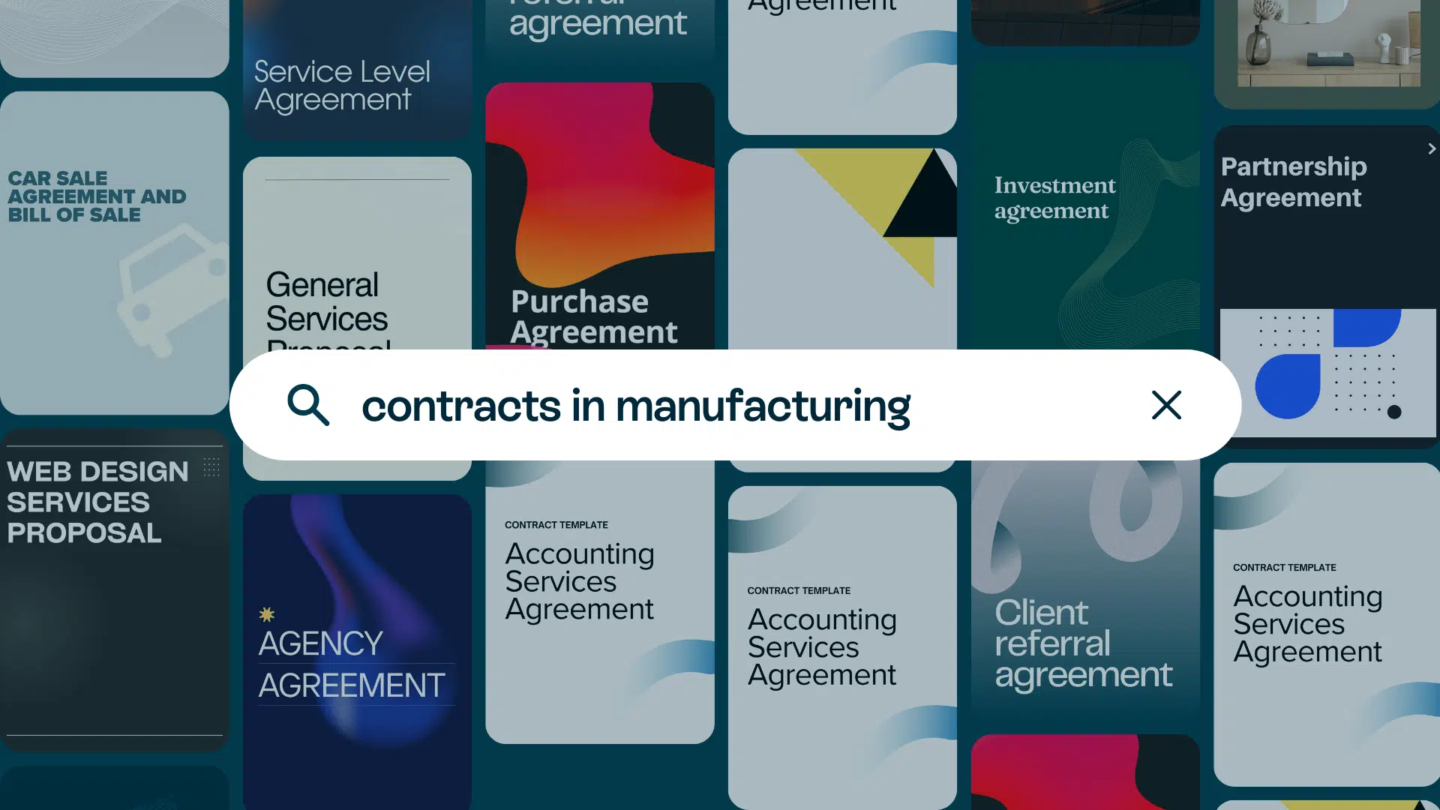In the era of digital transformation, businesses are harnessing the power of Artificial Intelligence (AI) to revolutionise the way they approach customer success. AI, with its ability to process vast amounts of data and make intelligent decisions, has emerged as a game-changer in enhancing customer experiences across diverse industries. AI in customer success is only becoming more important to ensure long term business success.
By seamlessly integrating AI technologies into their customer success strategies, companies can gain deeper insights into customer behaviours, streamline support processes, and foster stronger relationships. In this evolving landscape, the convergence of AI and customer success not only empowers organisations to proactively address challenges but also paves the way for personalised interactions that resonate with each individual customer. So, without further ado…
Here are 12 ways to use AI in customer success:

1. Data analysis and insights
AI in customer success can analyse large volumes of customer data to identify trends, patterns, and insights. This information can help customer success teams better understand customer behavior, preferences, and pain points, allowing them to tailor their strategies accordingly.
2. Personalised customer engagement
AI can analyse customer data to create personalised recommendations and messages. This can help customer success teams deliver targeted communications, offers, and solutions, enhancing the customer experience.
3. Predictive analytics
AI algorithms can predict potential churn by analysing customer behaviour and historical data. This allows customer success teams to proactively address issues and retain customers before they decide to leave. The way that AI in customer success can accurately predict trends, phenomenons will allow teams to be proactive in their retention strategies.
4. Automated customer support
Chatbots and virtual assistants powered by AI can handle routine customer inquiries, freeing up human agents to focus on more complex tasks. These bots can provide quick responses 24/7, improving customer satisfaction and reducing response times.
5. Feedback analysis
AI can analyse customer feedback from various sources, such as surveys, social media, and reviews. This helps in identifying trends, sentiment, and specific issues that need attention.
6. AI in customer success: Customer segmentation
AI can segment customers based on their behavior, demographics, and preferences. This enables customer success teams to tailor their approaches for different segments, delivering more relevant interactions.
7. Proactive issue resolution
AI can monitor customer interactions and detect signs of dissatisfaction or issues in real-time. Customer success teams can then intervene promptly to address these concerns and prevent escalation.
8. Product and service recommendations
AI algorithms can suggest relevant products or services to customers based on their past behaviors and preferences. This can lead to increased cross-selling and upselling opportunities.
9. Customer health scoring
AI-powered models can assign health scores to customers based on their engagement, usage, and other relevant factors. This helps customer success teams prioritise their efforts and allocate resources effectively.
10. Automated workflows
AI can automate repetitive tasks and workflows, such as sending follow-up emails, scheduling appointments, and updating customer records. This improves efficiency and ensures that no critical steps are missed.
11. Voice and sentiment analysis
AI can analyse customer calls and interactions to gauge sentiment, emotions, and overall satisfaction levels. AI-powered enterprise help desk software updates with every call to keep the information relevant and even creates a classifier model to predict future outcomes. This provides valuable insights into the quality of customer interactions.
12. Continuous learning and improvement
AI systems can learn from historical customer interactions and outcomes, continuously improving their performance and recommendations over time. In the realm of AI versus humans in customer service, AI can significantly augment what CS teams glean from their interactions with customers by analysing past interactions to improve future performance..
AI in customer success: The key takeaways
As businesses journey further into the digital age, AI in customer success will continue to redefine the boundaries of customer-centricity. The applications of AI, ranging from data analysis and predictive analytics to personalised engagement and automated support, stand as testament to the transformative potential it holds for customer success.
While AI-driven solutions undoubtedly bring efficiency and scale, it’s vital to remember that the human touch remains an irreplaceable cornerstone of exceptional customer experiences. By carefully orchestrating the interplay between AI and human interaction, organisations can craft a customer success narrative that not only embraces technological advancements but also upholds the essence of genuine and meaningful customer relationships. In this unfolding narrative, AI’s role in customer success is destined to shape the future of business-customer dynamics, enabling enterprises to not just satisfy but delight their customers in unprecedented ways.








